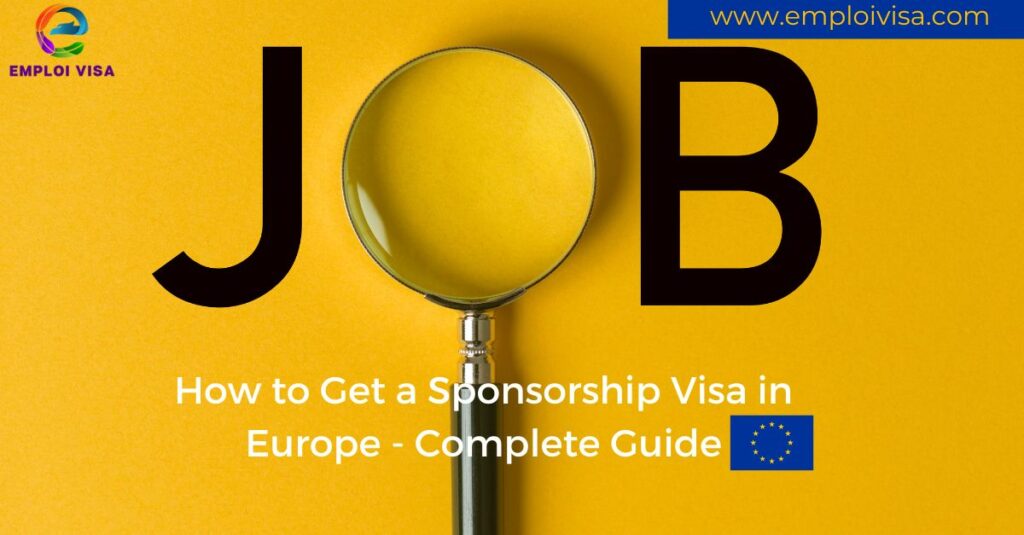
Exploring European work visas can seem overwhelming. But don’t worry, this guide is here to assist you. It’s perfect for skilled professionals or businesses wanting to grow their team globally. We’ll cover the key steps, requirements, and tips for a successful visa application in Europe.
Key Takeaways
- Understand the different types of European work permits and their eligibility criteria.
- Familiarize yourself with the necessary documentation required for visa application.
- Discover effective strategies for finding an employer sponsor in Europe.
- Navigate the step-by-step process of obtaining a sponsorship visa in Europe.
- Learn about the duration and validity periods of European sponsorship visas.
Understanding European Sponsorship Visas: Basic Requirements
Exploring European work visas can seem overwhelming. Yet, knowing the basic needs is key for those aiming for work-based residency. The EU Blue Card, Schengen visa, and specific residence permits are the main choices for working in Europe.
Types of European Work Permits
The EU Blue Card is for highly skilled workers. It lets non-EU nationals quickly enter the European job market. It has a simple application process and allows for moving between EU countries.
Schengen visas, on the other hand, are for short stays in the Schengen area. They allow travel within the region. For long-term jobs, you need a residence permit specific to each European country.
Essential Eligibility Criteria
- A valid job offer from an employer in the EU or Schengen area
- A minimum level of education or professional qualifications, often a university degree or its equivalent
- Proof of sufficient language proficiency to perform the job duties
- Meeting the minimum salary threshold set by the host country
Duration and Validity Periods
The length and validity of European sponsorship visas differ by country. The EU Blue Card is usually given for 1-4 years, with renewal options. Schengen visas last up to 90 days in 180 days.
Residence permits can last from months to years. This depends on the host country’s specific rules.
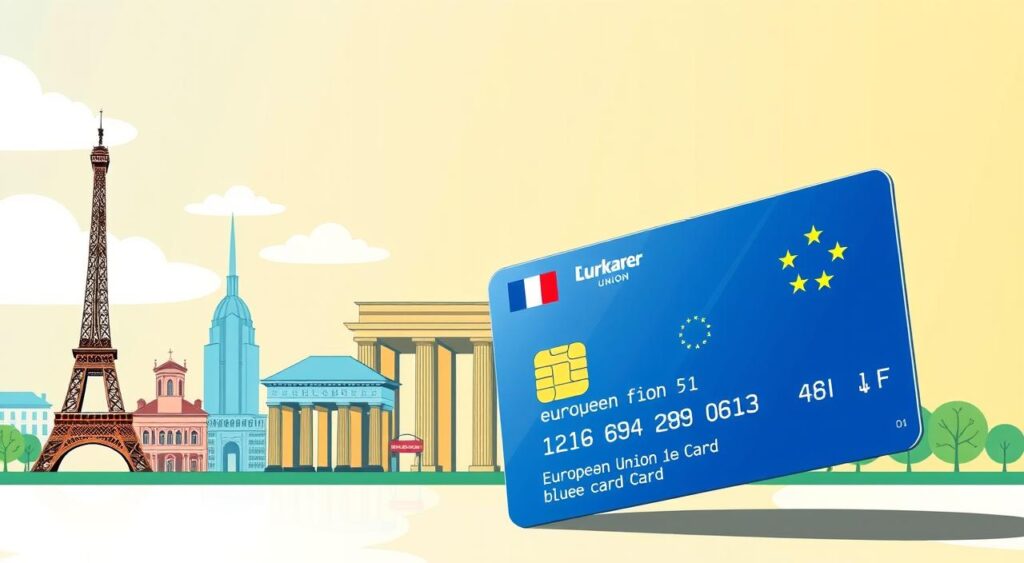
“The EU Blue Card is a game-changer for skilled professionals looking to work in Europe, offering a streamlined pathway to employment and residency.”
The processes of Getting a Sponsorship Visa in Europe
Getting a sponsorship visa in Europe can seem hard, but it’s doable with a clear plan. Let’s look at the main steps to get a European sponsorship visa.
The first thing is to collect all the visa application documents. You’ll need proof of work, financial info, and ID. Make sure everything is ready and in order before your embassy visit.
Then, book an embassy appointment to turn in your application. At this time, you’ll give your biometric data like fingerprints and photos. This is key for the visa process.
Once you’ve had your embassy meeting, you’ll wait. The time it takes to process sponsorship visas can vary. It’s important to be patient and ready to answer any extra questions from the authorities.
It’s crucial to stay organized and active during the application. Keep an eye on deadlines, check your application’s status, and be ready to tackle any issues that come up.
| Step | Description |
|---|---|
| 1. Gather Documents | Collect employment, financial, and personal identification documents. |
| 2. Schedule Embassy Appointment | Book an appointment to submit your visa application and provide biometric data. |
| 3. Wait for Processing | Be patient and responsive to any requests for additional information. |
By following these steps and staying organized, you can get through the sponsorship visa application in Europe with confidence. The secret to success is being ready, persistent, and flexible throughout the whole process.
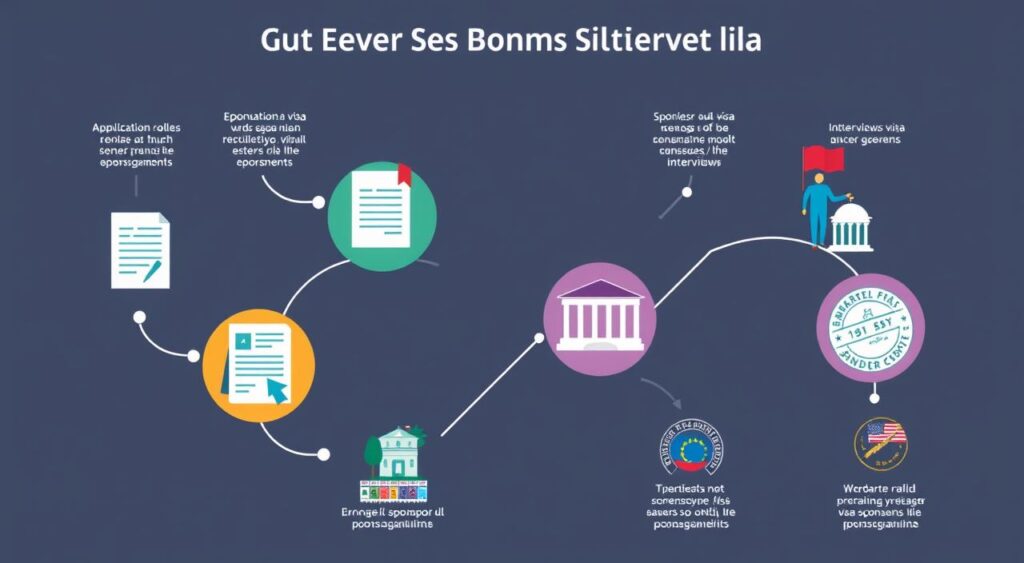
Key Documents Required for Visa Application
When you apply for a sponsorship visa in Europe, you must gather many documents. These include your professional qualifications, financial status, and personal details. All these are key for a visa approval.
Required Professional Qualifications
Proof of your professional skills is a must for a sponsorship visa. This includes your diploma, degree, and any certifications or licenses. Make sure your qualifications are recognized in the European country you’re applying to.
Financial Documentation
Showing you can financially support yourself is also important. You’ll need bank statements, proof of where you’ll live, and other financial documents. These show you have enough money for your stay in Europe.
Personal Documentation
You’ll also need to provide personal documents. These are a valid passport, birth certificate, and police clearance certificate. They help prove who you are and your background, ensuring you meet visa requirements.
By preparing and submitting all the necessary documents, you boost your chances of getting a sponsorship visa in Europe.
| Document | Description |
|---|---|
| Diploma or Degree | Proof of your educational qualifications, ensuring they are recognized in the European country. |
| Bank Statements | Demonstration of your financial stability and ability to support yourself during your stay. |
| Police Clearance Certificate | Verification of your background and good standing with the law. |
Finding an Employer Sponsor in Europe
Getting a sponsorship visa to work in Europe can be both rewarding and challenging. The main thing is to use good job search strategies and understand the European job market. Start by using your professional network. Talk to colleagues, former classmates, or industry contacts who might know about sponsorship opportunities.
Online job sites are also great for finding jobs that offer sponsorship. Sites like LinkedIn ,dayagri, LinkedIn and Indeed list jobs that include sponsorship. Make sure to check the visa and sponsorship details in the job ads. Also, think about working with recruitment agencies that help with international jobs and sponsorship.
It’s important to know the European job market well. Look into industries, sectors, and areas that need talent and are open to sponsoring visas. This info helps you make your job search and application materials better fit what employers want. With hard work, flexibility, and a smart plan, you can find an employer sponsor in Europe.
FAQ
What are the types of European work permits available?
In Europe, you can find several work permits. These include the EU Blue Card, country-specific visas, and specialized permits. Each has its own set of rules and application process.
What are the essential eligibility criteria for a sponsorship visa in Europe?
To get a sponsorship visa in Europe, you need a job offer from a European employer. You must also meet educational and professional standards. Additionally, you need to show you have enough money and sometimes speak the local language.
How long is the validity period of a European sponsorship visa?
The length of a sponsorship visa in Europe varies. It can last from a few months to several years. The EU Blue Card and long-term permits usually last 1-4 years, with renewal options.
What are the common steps in the sponsorship visa application process?
Applying for a sponsorship visa involves several steps. First, prepare and gather your documents. Then, submit your application at the embassy or consulate. You’ll also need to give biometric data and wait for a decision. Each country has its own process.
What key documents are needed for a European sponsorship visa application?
You’ll need several documents for a sponsorship visa. These include proof of your professional qualifications and their European recognition. You’ll also need financial documents like bank statements and employment contracts. Personal documents like passports and birth certificates are also required.
How can I find an employer sponsor in Europe?
Finding an employer sponsor in Europe requires a few strategies. Start by looking for jobs that offer sponsorship. Use your professional networks and online job sites. You can also work with recruitment agencies that help with international job placements.

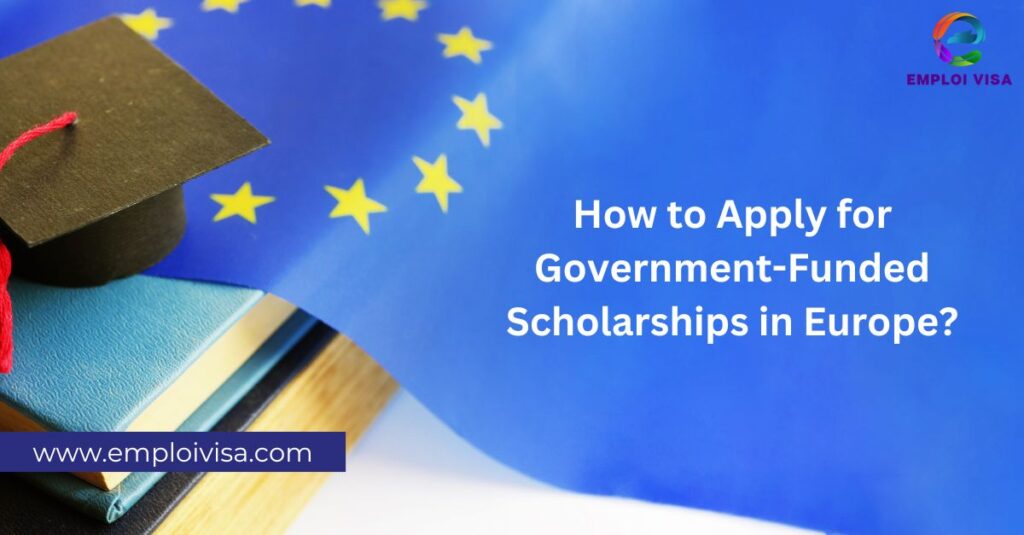


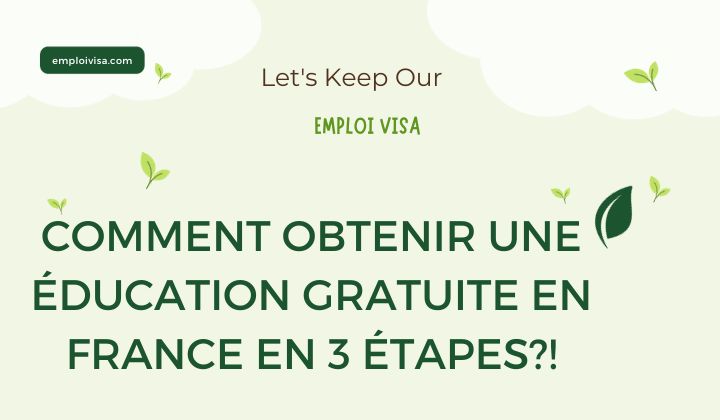

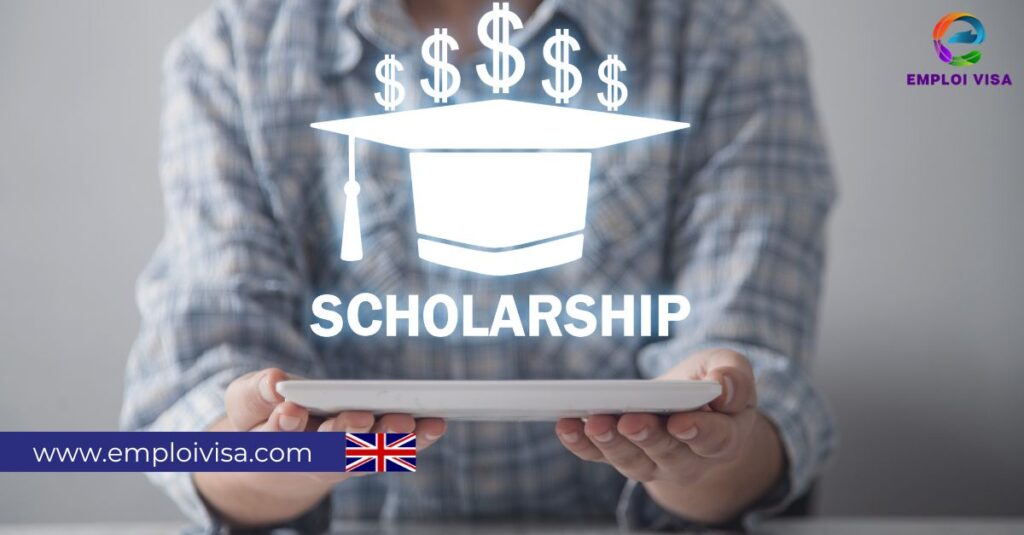
Work visa FVFT. I need work visa